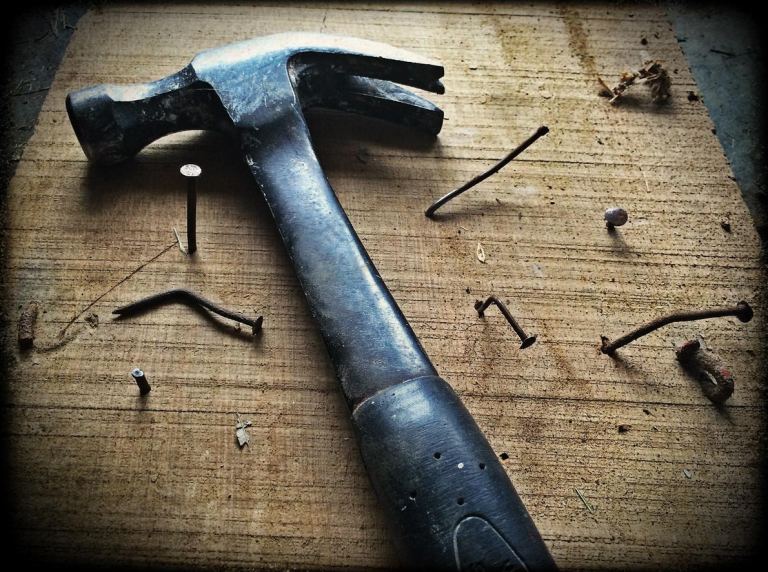Bad habits… we all have them! Some of which are worse than others. Either way, they can seriously slow down your pace and prevent you from achieving goals you have set in your writing and worse still, your life. It can be a challenge to see our own faults for what they are and therefore it can be easy to ignore that these bad habits even exist.
What causes a bad habit?
Bad habits can be associated with a lack of willpower; however, this is not always the case. We can break down the causes of many bad habits to either stress or boredom. For instance, when I am stressed, I eat A LOT! Everybody has different coping mechanisms and habits associated with different times, feelings and situations. Every habit that you have in your life right now, whether they are good or bad, have been formed to benefit you in one way or another. This could mean, it saves you time, money or makes you feel good but it doesn’t mean that it has a positive effect on you or your work long term.
Bad writing habits to watch out for.
There are many bad writing habits that people pick up throughout life – maybe from school, parents, work or even other writers. Here are a few to keep an eye out for.
1. Not making time to read
How can you be a successful writer if you don’t find the time to read?. How could you possibly expect to be top of your game when you are not reading what is currently out there. Sampling other people’s work exposes you to different writing styles, techniques, words and phrases; not to mention training your ear to pick up on good and bad rhythms. Reading helps you to become the writer you wish to be by picking up on what you like and what you don’t like about other people’s work.
2. Not sticking to a writing plan
A writing plan is essential if you want to be a successful writer. It’s pretty simple to put one together, however, sticking to it is something entirely different. There are many reasons for which people break them, for instance:
- The guilt of not spending quality time with loved ones.
- Personal urges, such as TV or shopping.
If you don’t stick to a plan you will not finish your piece in the time you have allocated yourself and, in some cases, won’t get it finished at all.
3. Not receiving constructive criticism well.
Receiving anything but “That’s great, I love it!” as feedback from your reader can sometimes feel like a kick in the teeth, especially when you have put blood, sweat and tears into it. The emotions that arise can sometimes cause us to react badly and not appreciate the comments for what they are – constructive feedback. OK, there are times when critics could have a softer approach to feedback and be a little less harsh, but at the end of the day, all you can do is take from it what can help you personally as a writer. That’s not to say that everything everyone says is correct; much of what people say is objective so what we advise is to:
- Read it.
- Take a step back to digest it.
- If relevant, implement it.
Don’t just break the habit – replace it!
In order to correct bad habits, you first need to figure out what they are and as I said previously, self-criticism can sometimes be difficult to see or accept.
1. Read through old work both publish and unpublish to see if there are any recurring bad writing traits that stand out. Think about the feedback you have received from friends, colleagues or editors in the past. Form a list of anything you think of.
2. Dissect the list you have. What areas are going to give you the largest potential gains once improved? Prioritise what you feel could be the most detrimental and work on that first.
Remember: Trying to change everything at once could leave you with brain overload and damage your writing flow.
3. Find a replacement for the bad habit.
Example: Do you find yourself reacting badly to constructive criticism?
Maybe you react while still feeling niggled by the attack on your ‘baby’? You could consciously take an hour to digest the information and make the effort to look for how it could positively affect your writing before responding. Decide how you want your writing to be rather than what is wrong with it. This way, you have a positive goal rather than a negative change.
If you are in the midst of your writing overhaul and would like some pointers on how it can be improved, then drop us a line at Topcontent. Maybe we can join forces and get your writing to where you want it to be.








